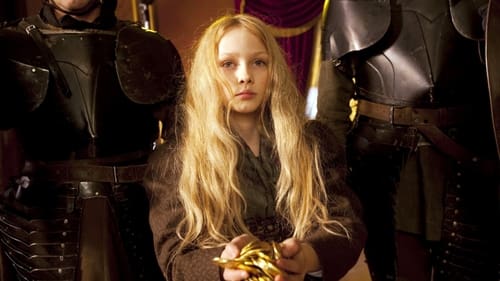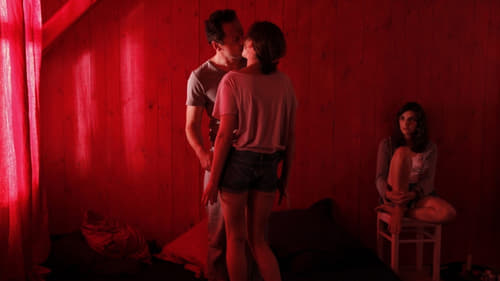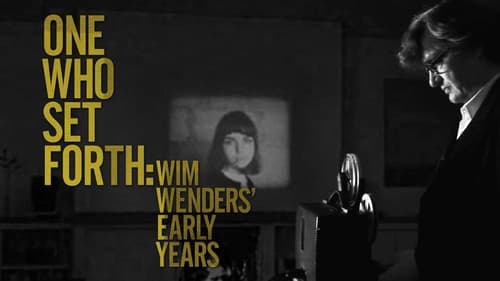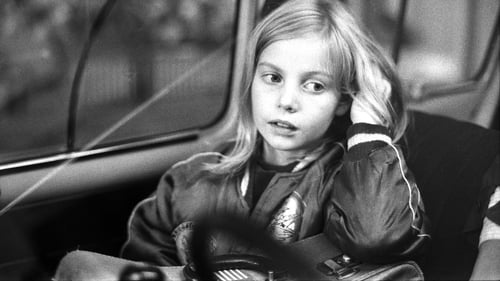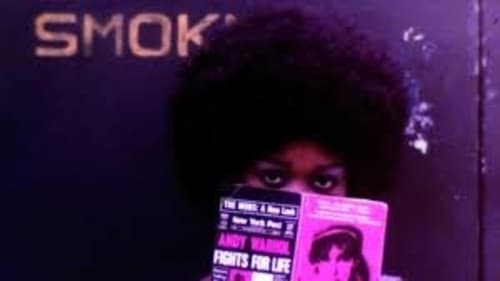Edda Köchl
Birth : 1942-02-28, Vienna, Austria
Death : 2015-09-12
History
Edda Köchl-König was an Austrian stage and screen actress and an illustrator. She was married to Wim Wenders 1968-74.
Birth : 1942-02-28, Vienna, Austria
Death : 2015-09-12
